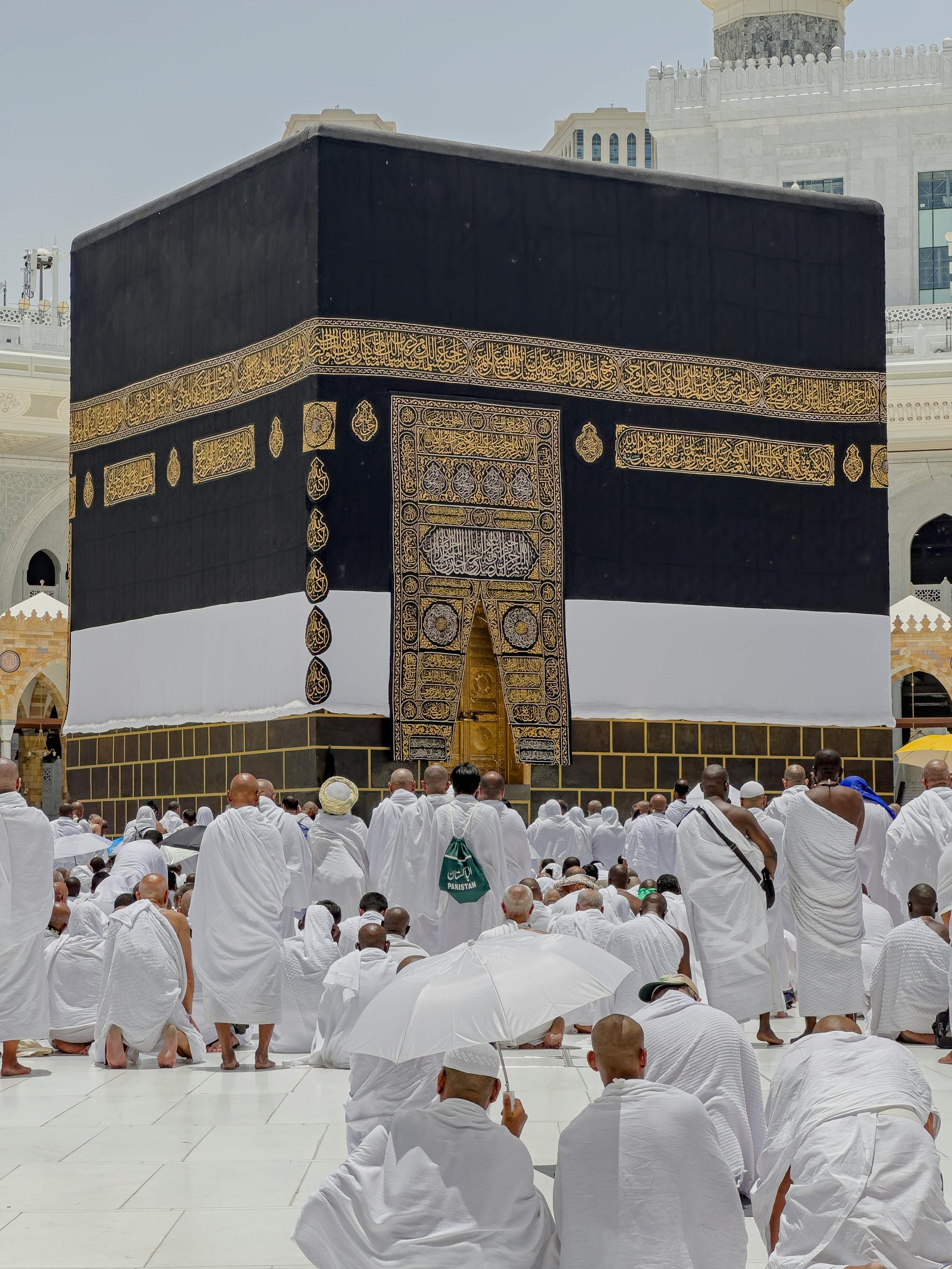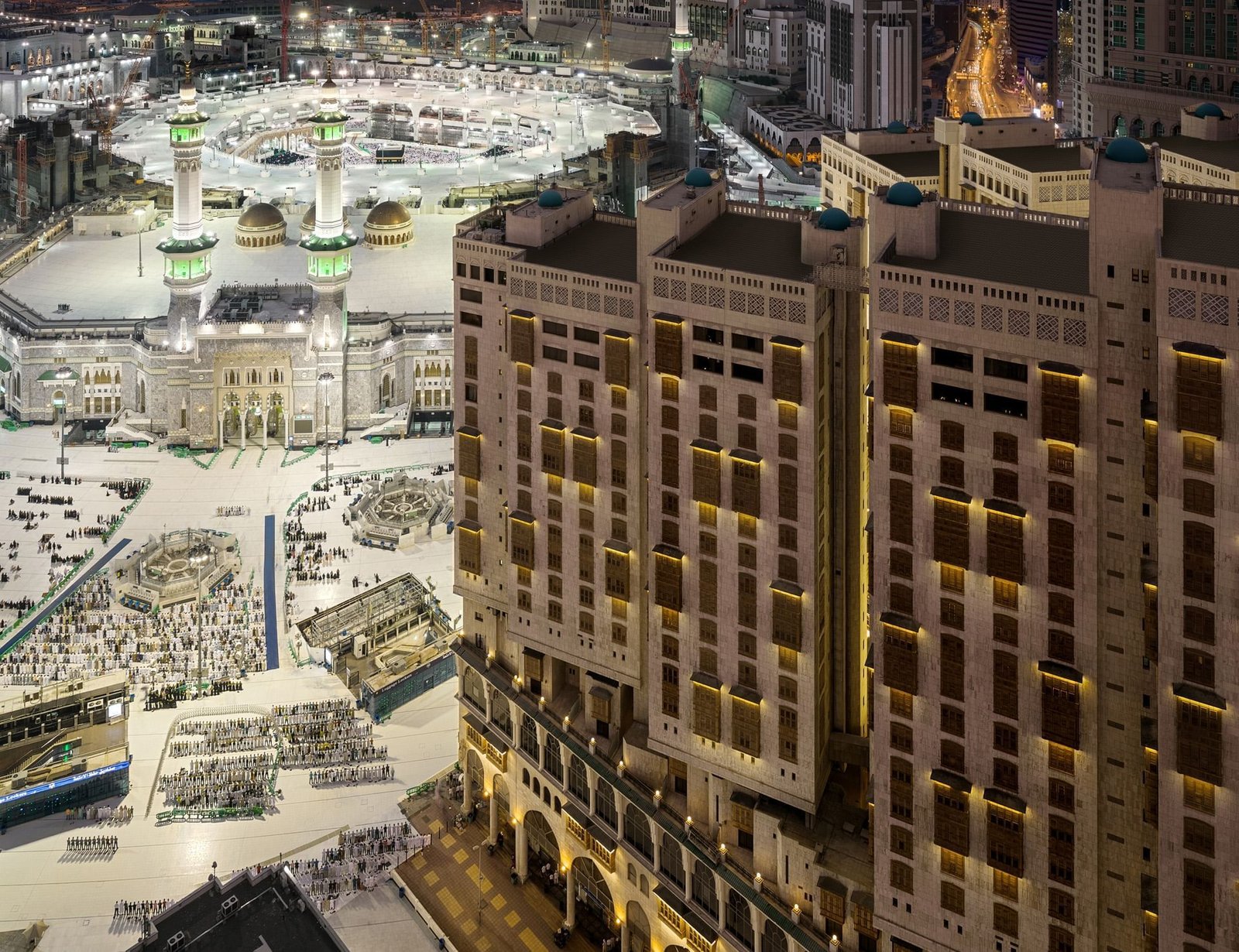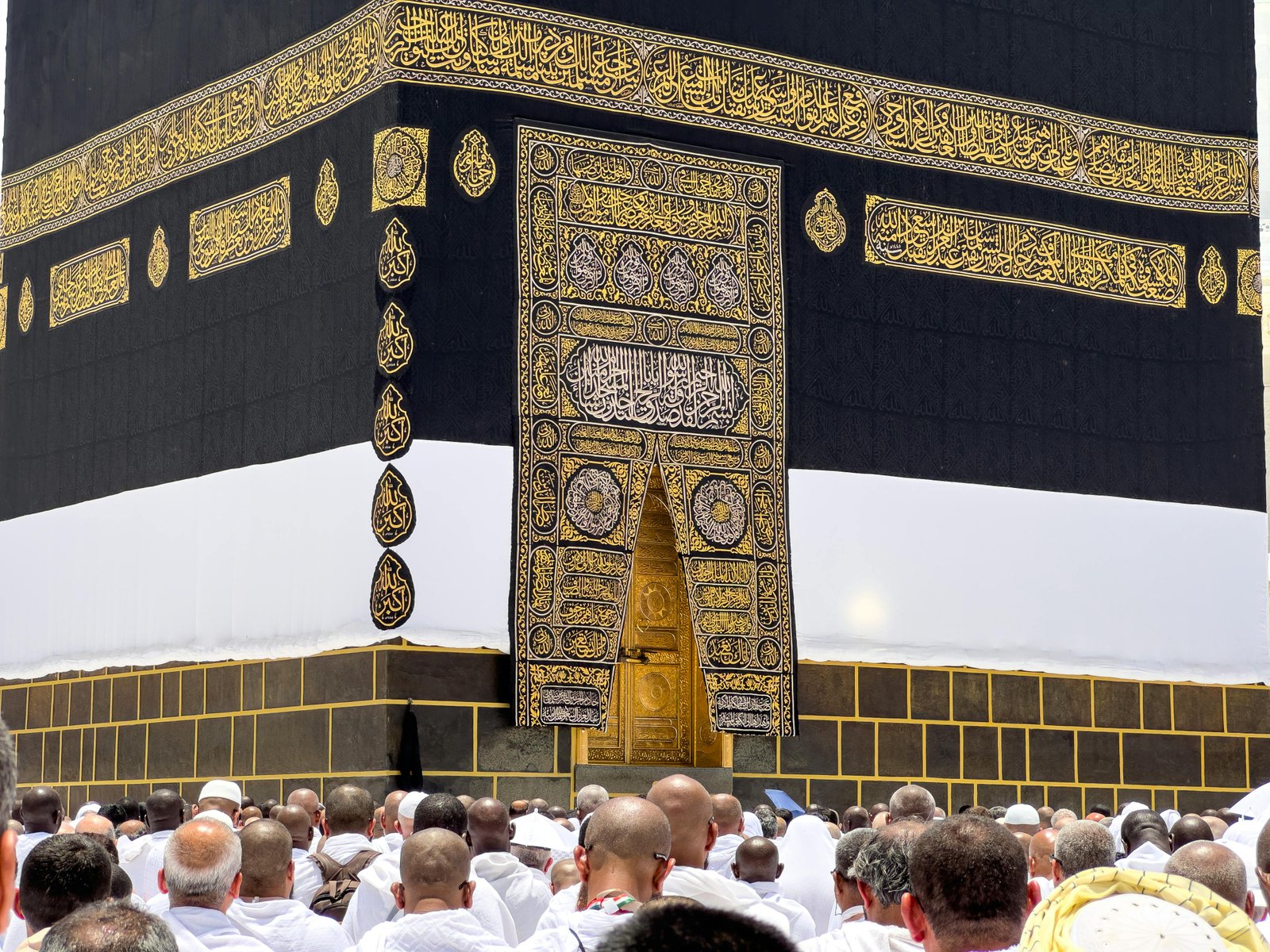Squatting during Hajj: When will it end?
Many people have criticized the measures taken against illegal pilgrims (those without permits) and those squatting on the streets during the recent Hajj saying that they were too extreme. The punishment includes the deportation of illegal foreign pilgrims and banning them from entering the Kingdom for a period of ten years. Those transporting illegal pilgrims, citizens or expatriates, will also face punishment and will be transferred to the Bureau of Investigation and Public Prosecution (BIP). Businessmen accused of cheating pilgrims by running fake Hajj companies will also appear before the BIP and could face a one-year jail term.

Prince Khaled Al-Faisal, Emir of Makkah region, had repeatedly warned people to think twice before performing Hajj without a permit. He said that no one would be spared if caught and that punishment would be meted out to all. Those who have been arguing against the severity of the punishment ask how the authorities can punish someone who was answering the call of God to perform Hajj. They believe that the decision to hand out strict punishment should be directed mainly at squatters who every year cause a major headache for security forces and Haj organizers. One point that needs to be made clear is that individuals who are able to perform Haj financially and physically can by all means do so as long as they are in a Haj group where they are provided with care, transportation, food and restroom facilities. On this point, I am in agreement with these people.
Yet, every year, despite warnings, many domestic pilgrims violate a host of rules to perform Hajj, and the phenomenon of squatting is present in every Hajj. Squatters cause major problems for Hajj organizers and fellow pilgrims.
They take shelter on the main roads blocking human traffic. With no designated places for their meals, they throw trash everywhere after eating. Friends, who performed Hajj this year, told me that despite the existence of public toilets, many who do not like to wait use public areas to urinate behind parked cars and trucks endangering public health.
Saudi Arabia has spent billions to ensure the safety and comfort of pilgrims during Hajj, and every year the government urges people not to perform Hajj without a permit. The main reason for this is organizational and nothing else. Those who performed Hajj this year cannot perform Hajj for another five years. This in my opinion is perfectly logical as it gives people from all over the Islamic world a chance to perform Hajj.
The decision to punish those who perform Hajj illegally was directed at domestic pilgrims and not at pilgrims coming from abroad because they are assigned to a Hajj operator and are taken care of. It is the illegal pilgrims who cause headaches. They should spare a thought for the others who have come from distant lands to perform Hajj. Moreover, instead of selfishly performing Hajj repeatedly, why not sponsor someone who has never performed Hajj before? The reward will be doubled.
Muslim countries agreed to a quota system — 1,000 pilgrims for each one million of the population to ensure that all countries are treated the same. This also ensures that adequate facilities and space will be available for pilgrims. If there is a system that other Muslims are following, why shouldn’t domestic pilgrims also adhere to the rules or face the music?
People love to object every time the government issues a new law which is meant to protect others. In trying to curb traffic accidents, the government spent hundreds of millions to educate drivers to respect the rules of the road and not to speed. Yet the awareness drive fell on deaf ears and the number of accidents continued to increase. The government then had no choice but to introduce the Saher system to teach violators a lesson. The case of illegal pilgrims is similar, after many pleas the government was left with no alternative but to impose strict punishment.
The question now is why people object every time the government issues a new regulation or law that benefits all pilgrims. These rules and regulations are not created in one day, but are the product of years of research and study. The government wants all pilgrims to perform Hajj peacefully and comfortably. It is within the country’s right to restrict the freedom of an individual if it is to the benefit of the majority.
At the end of the day Saudi Arabia will be blamed if Hajj services are inadequate or if an accident occurs. It is to provide good services and avoid accidents that the government has resorted to punishment after years of awareness programs have proven ineffective.
There is one possible solution to the problem of squatters that I can suggest. The government could create a free zone in Mina and Arafat for squatters where access to food, water and toilet facilities could be made available. This coupled with providing Hajj services at affordable prices for pilgrims with a limited income could go a long way to solving the problem. It would at least ensure that the squatters are all located in one area and are not blocking the main roads and generally being a nuisance.
Article source: Saudi Gazette




